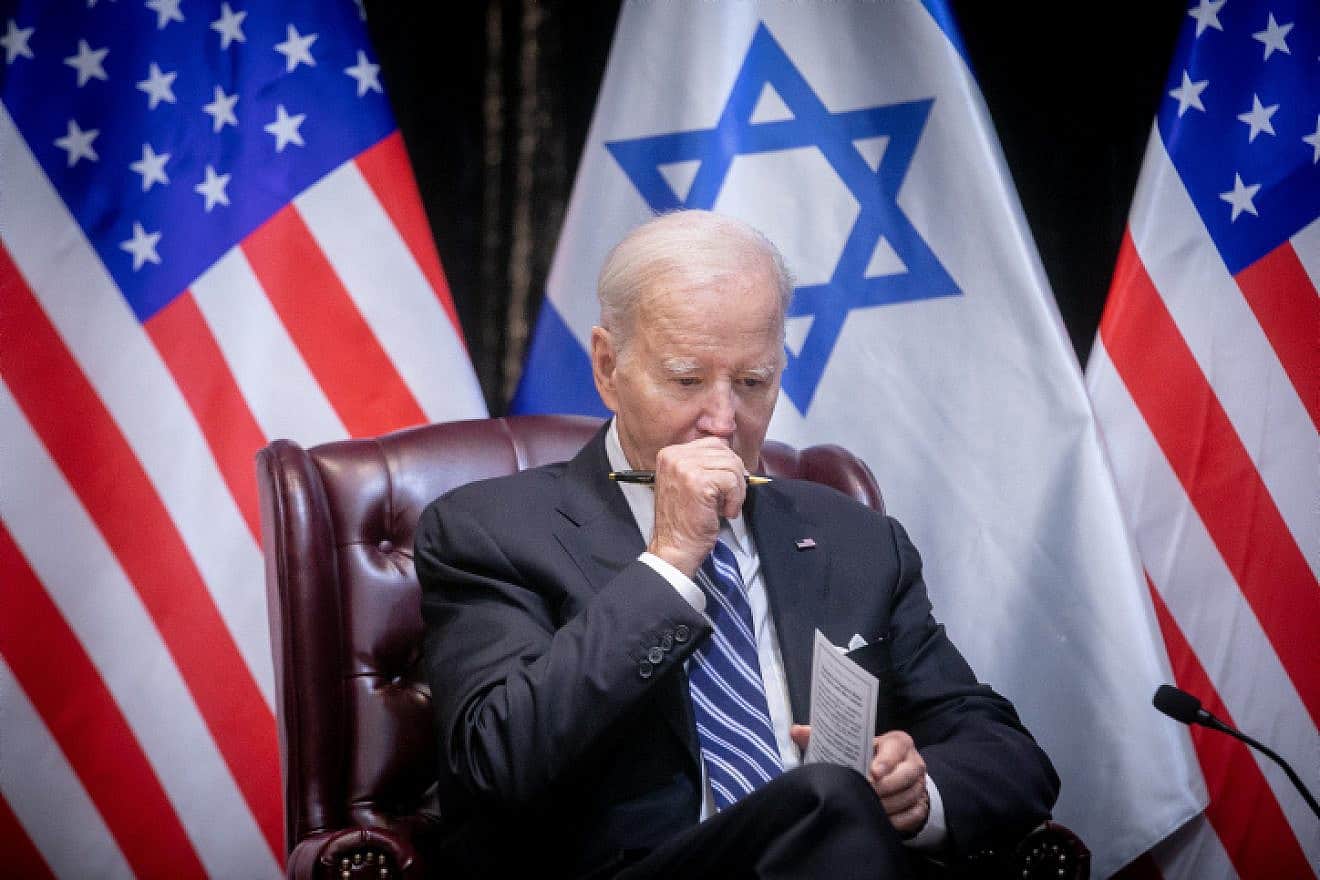The desirability of a ceasefire in the current war between Israel and Hamas—especially if it involves the release of Israeli hostages—is seemingly obvious and self-evident to everyone. Except for us.
Of course, we want, we yearn to have our hostages released. But we know two things all too well: The deferred cost of releasing terrorists and the danger to our soldiers during a ceasefire that will be observed only by our side.
In the ongoing behind-the-scenes hostage negotiations, I fear Israel is underestimating our leverage and minimizing our bargaining position.
At the moment, we are slowly but surely dismantling the terror infrastructure Hamas leaders have spent many years and billions of dollars building.
The IDF’s performance has been breathtaking. We have very much avoided the myriad traps and snares Hamas commanders were confident would envelop us. We have picked off many key Hamas commanders. Perhaps most importantly, we have done all this with casualty numbers far lower than was previously estimated and feared.
We understand that there is considerable pressure on us to do something that allows foreign leaders, particularly U.S. President Joe Biden, to stay in the good graces of their anti-Israel progressive constituency.
But Israeli leaders also have a constituency—us. We want our hostages released, but we also demand the dismantling of Hamas so that the risk of future hostages is greatly minimized and hopefully eliminated.
This leads me, and I suspect most of my countrymen, to demand that, this time, we do not consent to being the easy marks, the reasonable guy. This time we must act like people who live in this neighborhood.
We are going to be inflexible, insistent, on message and not at all reasonable.
In this regard, like it or not, like him or not, the spotlight falls squarely on Prime Minister Benjamin Netanyahu. He has shown himself uniquely adept at handling foreign pressure and he knows that his legacy will depend on how he manages the war.
So, where does that leave us? Netanyahu has been on message insisting that there be no ceasefire without the release of all our hostages.
Contrary to what many assume, and consistent with the posture I think we must adopt, this cannot be seen as an opening gambit. Instead, it should be the position to which we hold with absolute resolve.
First, the status of every single hostage should be made clear to us. We need to know who is still alive and who has died in Hamas captivity. There needs to be verifiable third-party proof of this. The Red Cross, which has proven once again to be a thoroughly shameful organization, can begin to redeem itself by providing it.
This verification should be a sine qua non. We should not be talking about any exchange, let alone a ceasefire, until we know what the current situation is.
Regarding a prisoner exchange, we should demand that the world adhere to its professed principles. The incessant sanctimonious insistence on “proportionality” should be honored: We will release one prisoner for each hostage released. Anything else dishonors the standard made sacrosanct by a biased world.
If all the hostages are released and the sanctimonious ask why we will not then release all of theirs, the answer should be that their hostages are terrorists and ours are not. So, the only way we will do this is “one for you and one for me.”
Then, we must carefully vet each prisoner to be exchanged. We cannot repeat the horrific mistake of the Gilad Shalit nightmare, in which we ended up releasing Hamas leader Yahya Sinwar, who returned the favor by being a key figure behind the Oct. 7 massacre. We should refuse to release any terrorist with blood on his or her hands.
We must then pay close attention to the release process, so it can be performed in the least amount of time, since the length of the ceasefire is tied to the time necessary to process and effect the release. Here too, third parties might be able to play a useful role.
Lastly, it must be absolutely clear that if a ceasefire is violated, it’s over. We are not going to observe a ceasefire unilaterally, especially when we have so many soldiers embedded in the very heart of the enemy’s territory.
At every step in this process, Netanyahu needs to point to a unified citizenry hellbent on destroying Hamas and not at all interested in being the reasonable person in the room. One of the existential punches absorbed on Oct. 7 was that being that more moral, reasonable and understanding party is an invitation to death and destruction.
We are willing to play the game on the same basis our monstrous enemy is willing to do so. If there is going to be a ceasefire, it is only to get our hostages back and we must make absolutely sure that we are not putting our soldiers in harm’s way as a result.
If all this sounds unreasonable, well, I am just taking pages out of the playbook of our enemies.
When Biden says to his progressive constituents, “Well, what do you want from me? These Israelis are being unreasonable jerks,” you’ll know we’re doing something right.


























